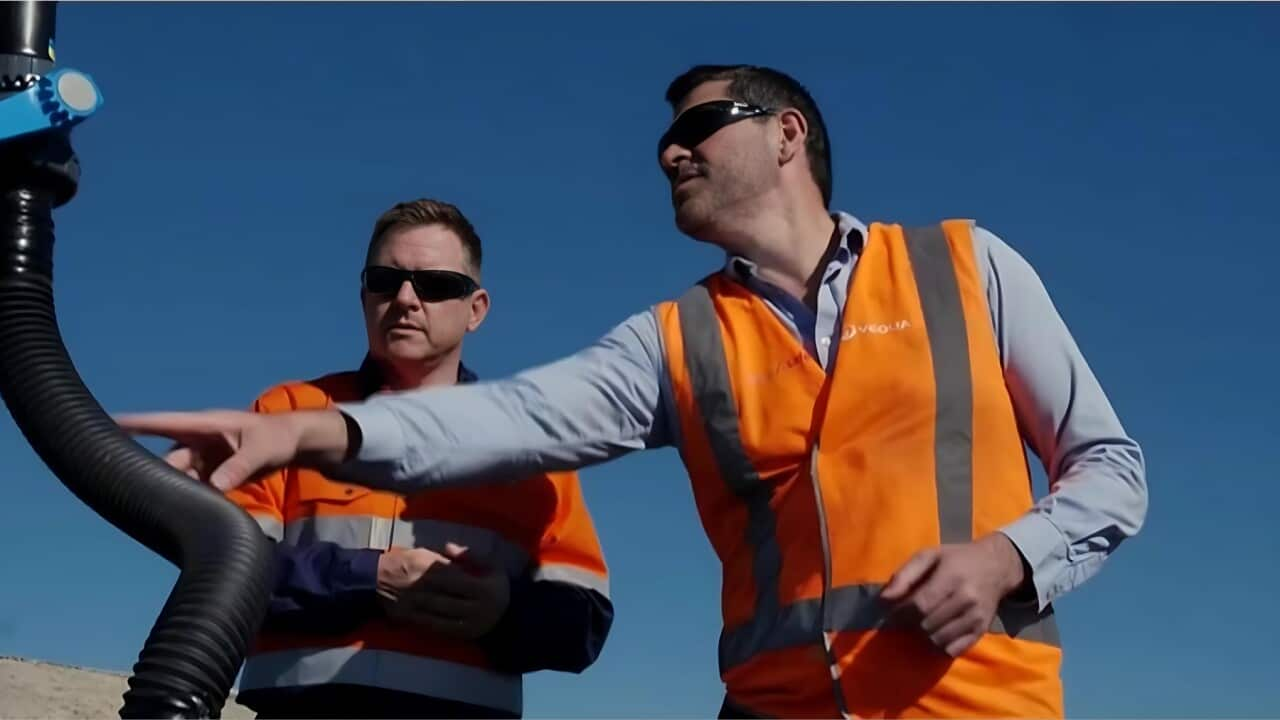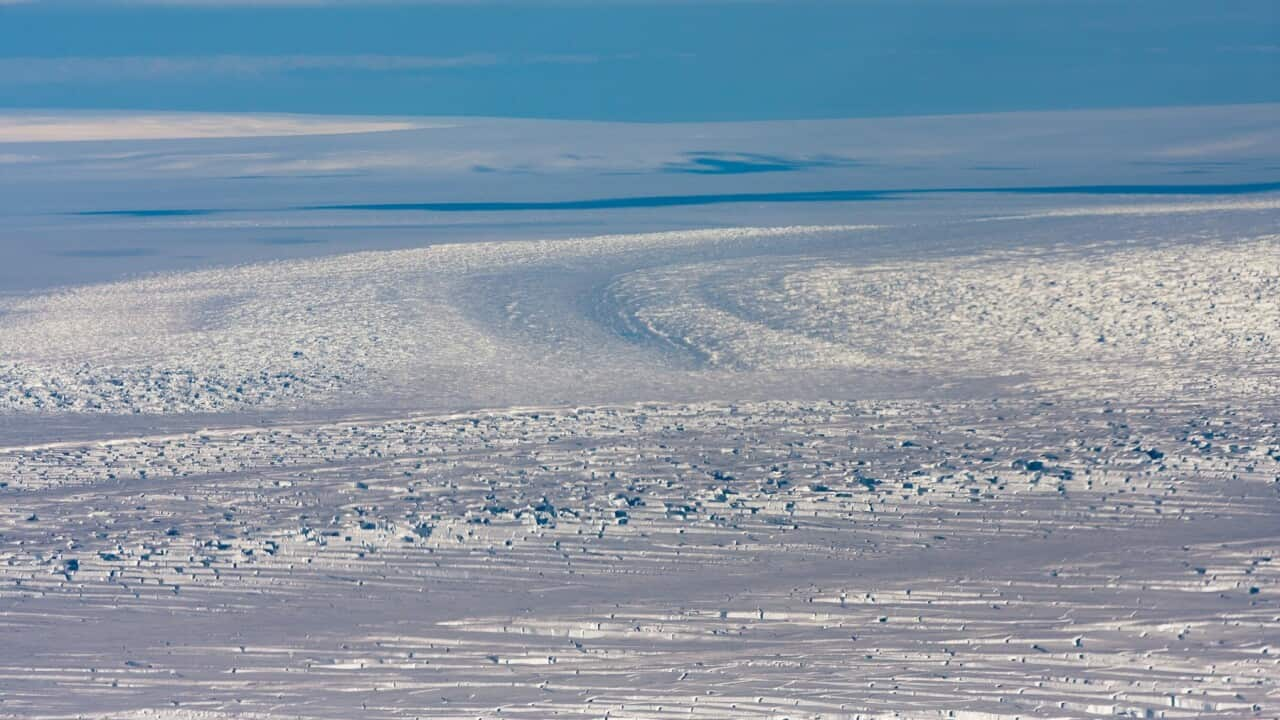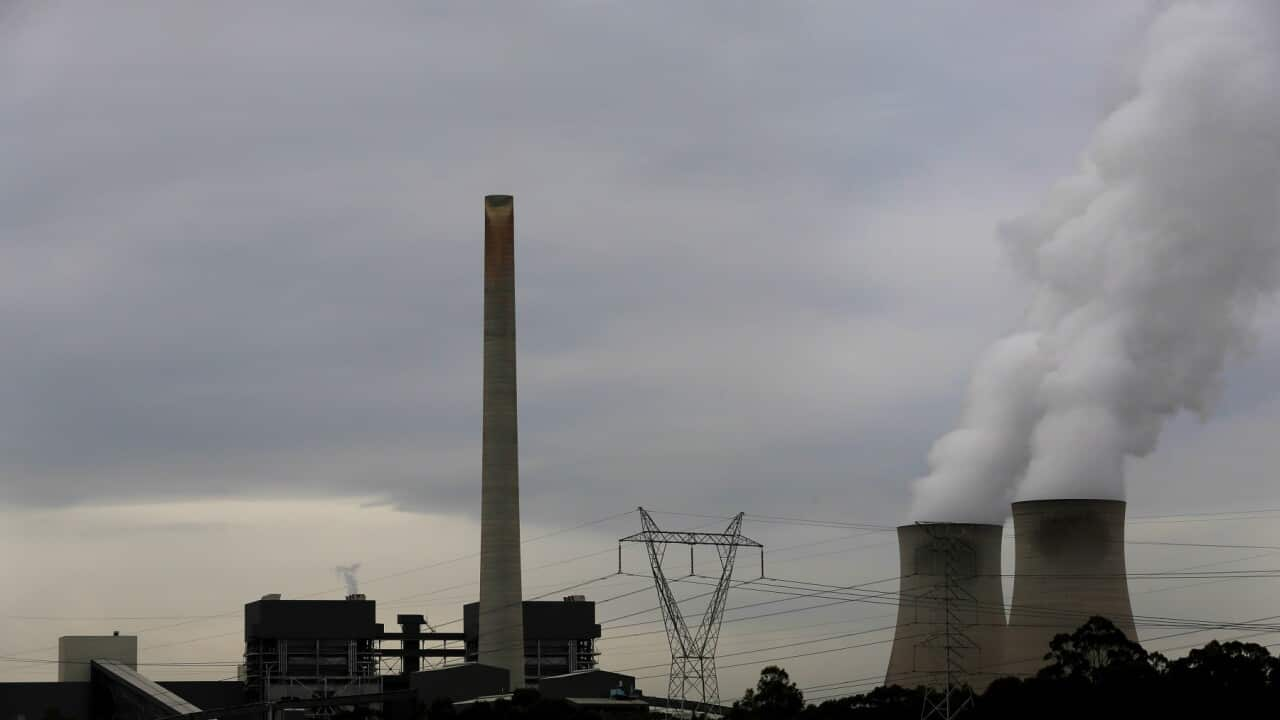TRANSCRIPT
Researchers at the University of Sydney say they have developed a novel chemical process that could produce sustainable aviation fuel from gases emitted from landfills and reduce greenhouse gas emissions along the way.
The scientists say they used non-thermal plasma technology, which fires high-energy electrons in normal atmospheric conditions into methane and carbon dioxide emitted from landfills.
From there a splitting and coupling process takes place, where carbon and hydrogen bond together to produce long chain hydrocarbons, which are the basic building blocks of unrefined fuel.
Professor P J Cullen says the process has several good outcomes:
“So it redefines what we think of in terms of chemistry. And there's massive advantages for that because now we can integrate these chemical factories and processes within the variable, renewable network. So we get a synergistic effect whereby we're able to take cheap or maybe even free electricity through a conversion process and produce useful chemicals.”
Professor Cullen says electrification was critical for the world to meet net zero emissions targets, but in heavy industries, like aviation and shipping, using batteries would be currently unfeasible.
“I think the impact is very significant, because unusually you have a win win approach here. In one sense, we have this idea that we're going to be capturing emissions that are coming from landfill. On the other we have a sector that really needs a new technology in order to become more sustainable. The aviation industry accounts for approximately three percent of the world's emissions. So clearly, you cannot get to net zero without producing some sustainable solutions.”
Sustainable aviation fuel, or SAF, is key toward reducing those emissions, but it is costly and amounts to less than one percent of total global jet fuel.
The global aviation industry is relying on a ramp-up in production of SAF to meet its target of "net zero" carbon emissions by 2050.
But SAF is in short supply and it costs three to five times more than traditional jet fuel.
Professor Cullen believes this process could lead to a net-zero aviation industry - and also puts methane to good use.
He says methane emissions from human activities, such as landfills, oil and natural gas production and agriculture, are many times more potent than carbon dioxide as a greenhouse gas.
“Landfill would be considered one of the biggest polluters. As you can imagine, day in day out, all of us are producing waste. So we are the providers of this waste material. It's continuing to decay over very long periods of time. We're talking 50 years when we go to landfill. What's good about the process is actually it's very consistent so we can model how much gas will be coming off with these landfills per year.”
Because they break down in the atmosphere within just years compared with decades for carbon dioxide, reigning in methane emissions could have a more immediate impact in limiting climate change.
But it's not just the new technology of making aviation fuel from methane.
Richard Kirkman, the Australian and New Zealand CEO of waste and energy management company Veolia says landfill in Australia produces a lot of methane.
“Well Australia landfills 28 million tonnes of waste every year and it’s actually a resource that we can use. We can turn it into materials and energy. This site produces 2 million cubes of methane every year and that’s enough to make 500,000 barbecue gas bottles. That’s a lot of sausage.”
He says the methane from landfills is a resource which could be very valuable.
“Well the methane coming out of landfills is a sustainable biogas. It’s carbon neutral because it’s produced from short term putrescible food. And it can replace the fossil methane that we’re using in society today and we think if you take all of the waste that we’re producing in Australia. All the household waste, all the biowaste, all the sludges from water treatment – you can convert it into energy. That can supplement about 10 percent of Australia’s energy supply. That’s a massive amount in terms of mitigating climate change.”
Professor Cullen says now they've worked out the science of making methane emissions more useful, the next step is to make it work outside the laboratory and in the real world.
“Yes, I guess what we've proved to date is the science. That there is a valid chemical route in order to produce these fuels. Now we need to solve the engineering challenges and those are around energy efficiency, the ability to scale the technology and also combine it with some more established processes in order to target the types of products that we're looking for.”
If they can solve those engineering challenges, waste could become the fuel for progress.













